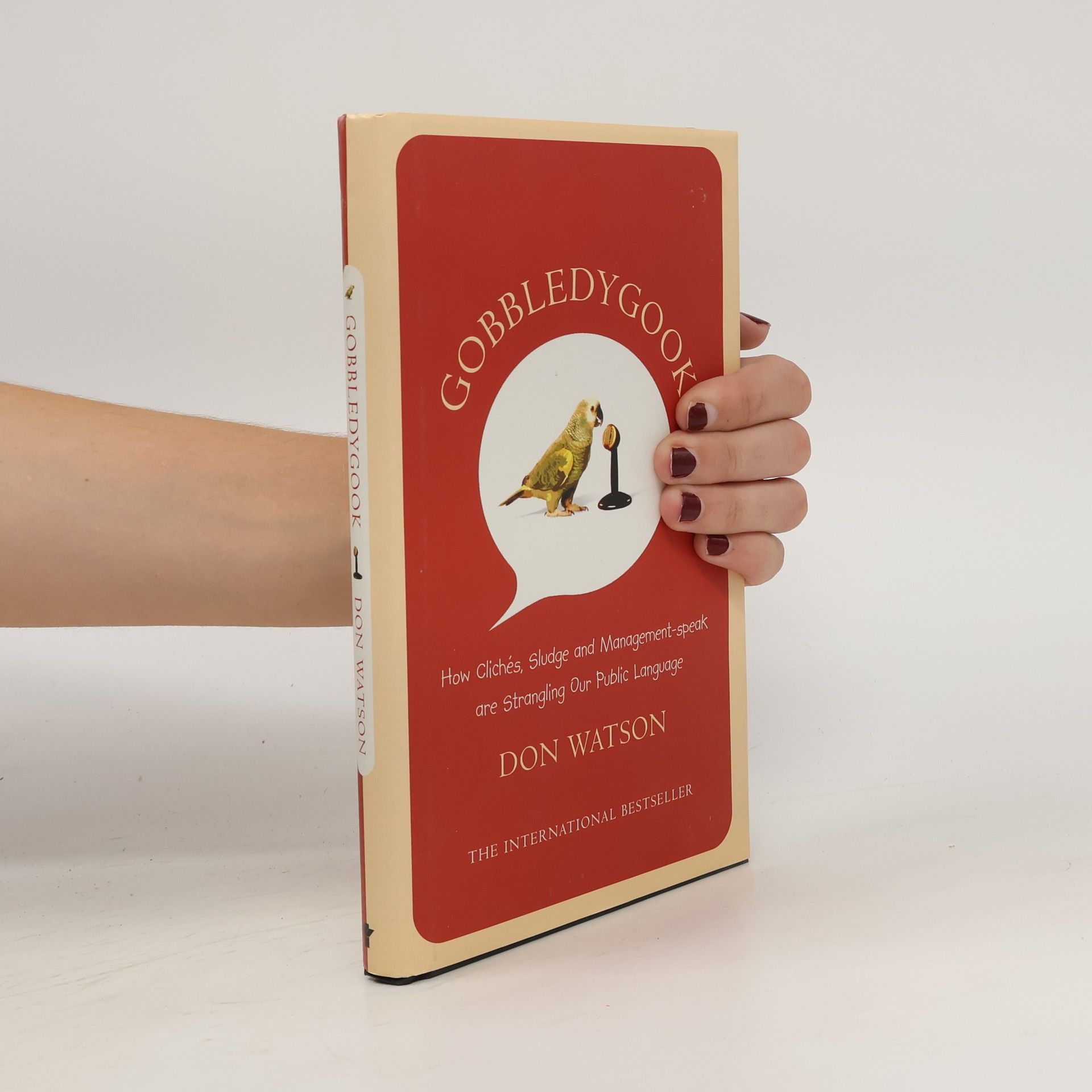Exploring the complex relationship between Australia and America, the book delves into the Australian imagination's subservience to American culture. Don Watson questions the reasons behind this dominance, pondering whether Australia can maintain an independent identity or if it is destined to become an extension of American ideals. Through a thought-provoking analysis, he critiques the paradoxes within Australian society, reflecting on its cultural anxieties and aspirations in the shadow of its powerful ally. The essay presents a nuanced meditation on national identity and cultural influence.
Don Watson Livres
Don Watson est réputé pour ses observations incisives et son écriture acérée sur la société et la politique australiennes. Son travail explore souvent les complexités du langage, du pouvoir et de l'histoire, examinant comment les mots sont utilisés pour façonner l'opinion publique et les récits politiques. Le style de Watson se caractérise par l'esprit, l'intelligence et une profonde compréhension de la nature humaine. Ses œuvres servent de réflexion cinglante sur l'identité australienne et les défis mondiaux, avec une touche d'acuité satirique. À travers ses analyses, il met au défi les lecteurs de réfléchir de manière critique au langage qu'ils rencontrent.



From the bestselling author of The Bush, the story of a fifty-year relationship between a Vietnam veteran and an isolated clan in north-east Arnhem Land - a unique, astonishing window into Australia's deep past and precarious present, by a master storyteller.
Gobbledygook
- 200pages
- 7 heures de lecture
When was the last time you heard a politician use words that rang with truth and meaning? Do your eyes glaze over when you read a letter from your bank or insurance company? Does your mind shut down when your employer starts talking about 'making a commitment going forwards' or speaks of 'enhancing the bottom line'? Every day we are confronted with a debased, depleted sludge: in the media, among corporations, in the public services and cultural institutions, at work, and out of the mouths of our leaders. There is a new public language that has been forced on us that makes no sense to outsiders and confounds even those who use it. It is a dead language, devoid of lyricism, emotion, complexity or nuance. Meanwhile, in step with managerial thinking, opinion polls and an impossibly demanding media, our political leaders employ this new language of cliches, jargon, platitudes and weasel words to hide or twist the truth. Don Watson can take it no longer. In Death Sentence, he takes a blowtorch to the words - and their users - that sterilise the language and kill imagination and clarity. Scathing, funny and brilliant, Death Sentence is a small book that is as timely as it is profound.